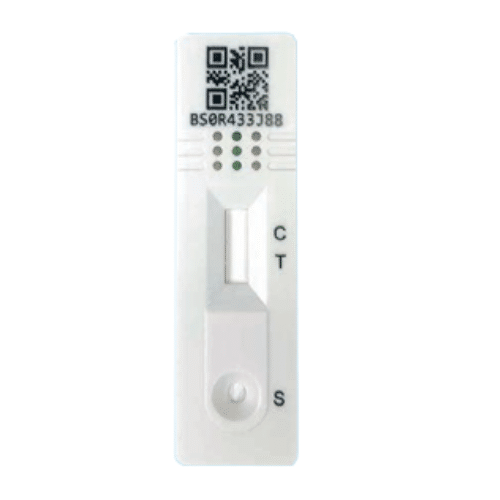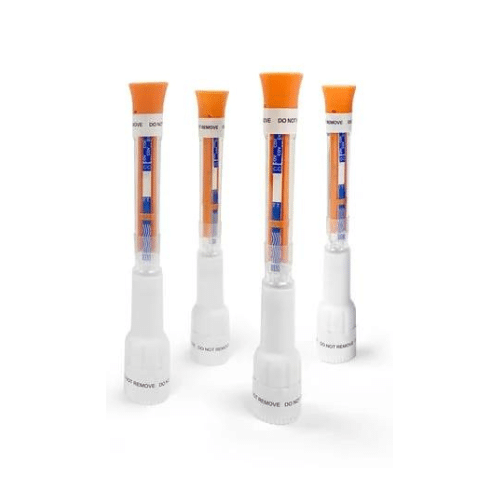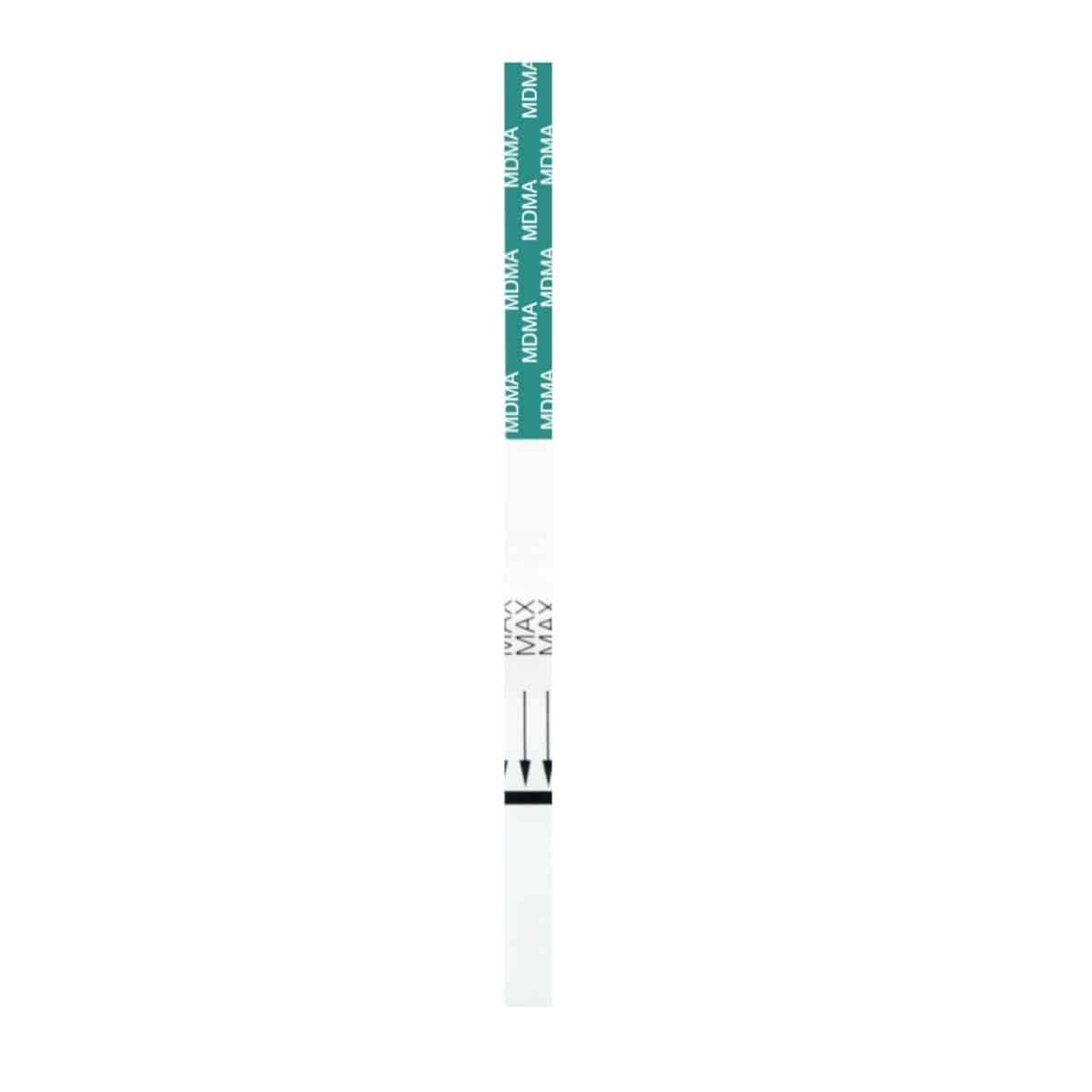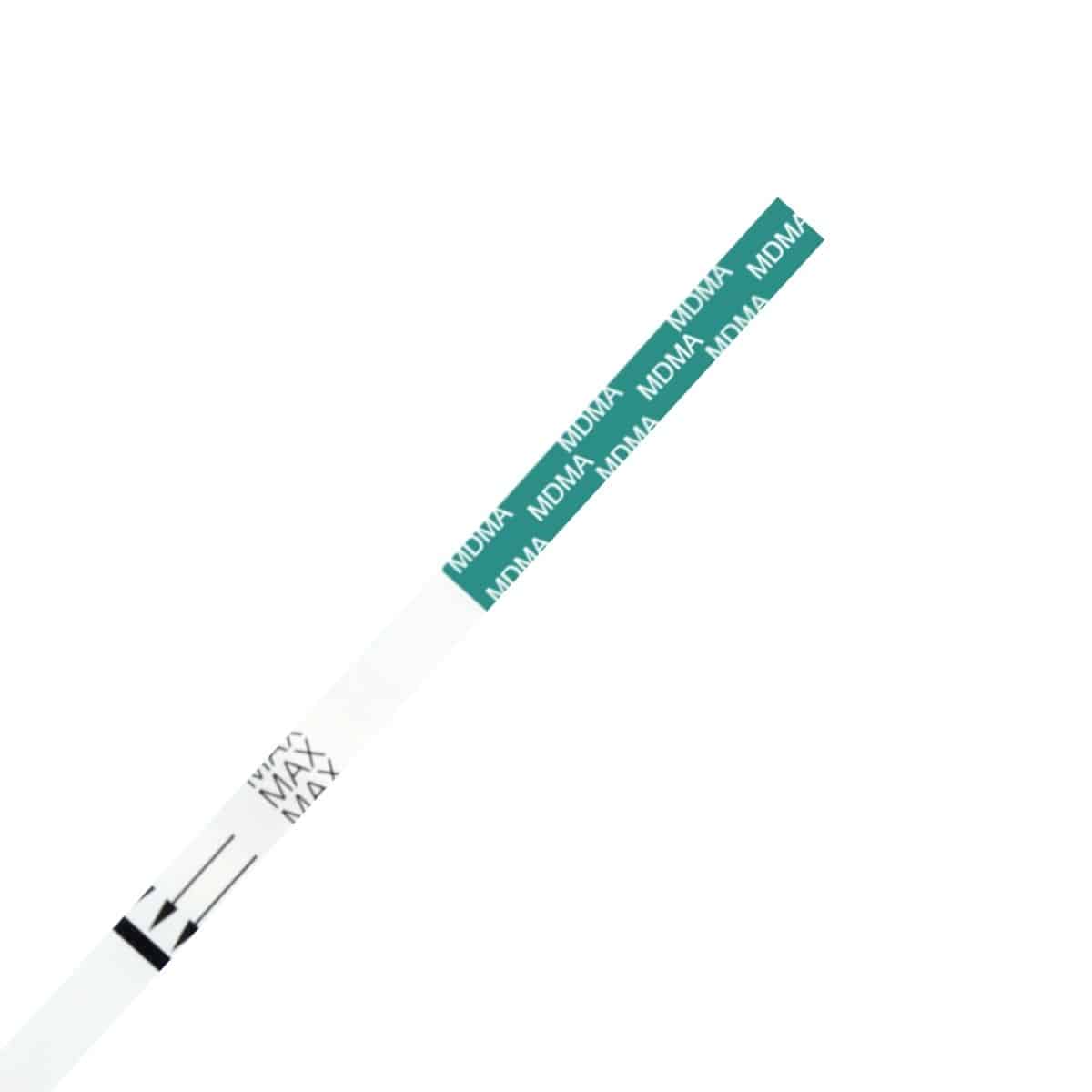What Does MDMA Do To Your Brain?
Understanding what MDMA does to the brain is crucial to grasping why it is tested so often. MDMA influences the activity of neurotransmitters—chemical messengers responsible for transmitting signals in the brain. Key neurotransmitters affected by MDMA include serotonin, dopamine, and norepinephrine.
Serotonin, which affects mood, appetite, and sleep, is released in high amounts when MDMA is consumed. This excess release contributes to the mood-enhancing effects associated with MDMA use. Simultaneously, dopamine and norepinephrine involvement accounts for the heightened energy and alertness users experience. However, these short-term benefits come with risks, such as altering the brain’s natural chemical balance and potentially leading to mood disorders or cognitive impairment over time.
Understanding the MDMA Ecstasy/Molly Test and its role in screening processes is essential, especially for those in environments where drug use is a concern. The presence of MDMA can be monitored accurately with the correct testing protocols.
Does MDMA Show Up On A Drug Test?
Yes, MDMA can indeed show up on a drug test. Most standard drug tests, like the 12-panel drug test, explicitly test for the presence of MDMA. Such tests are typically conducted using urine samples, as MDMA and its metabolites are efficiently excreted through urine.
Urine tests are common for detecting MDMA due to their ease of administration and the quick results they offer. Depending on usage, MDMA can be detected in urine for 1 to 3 days after use. Some advanced tests might even extend this detection window slightly, especially if the user is a chronic consumer.
Can You Overdose On MDMA?
Yes, it is possible to overdose on MDMA. While fatal overdoses are relatively rare, the risk is significant. An overdose can occur if too much MDMA is taken or if it’s mixed with other substances, intentionally or unintentionally.
Overdose symptoms could include high blood pressure, faintness, panic attacks, and in severe cases, a loss of consciousness. Hyperthermia, or overheating, is a critical concern during an MDMA overdose. If not properly managed, it can lead to severe organ damage or, worse, be fatal.


































































Reviews
There are no reviews yet.